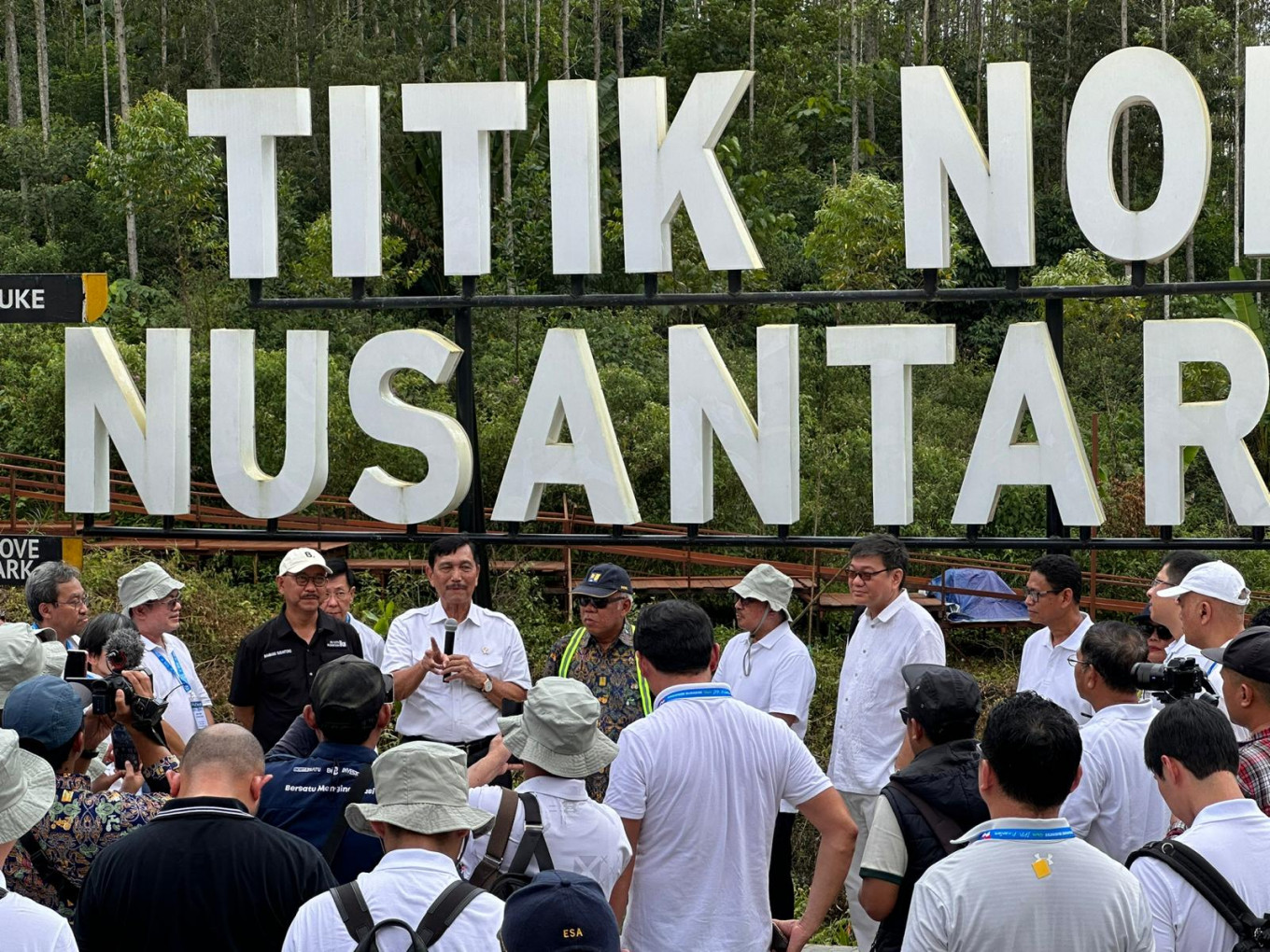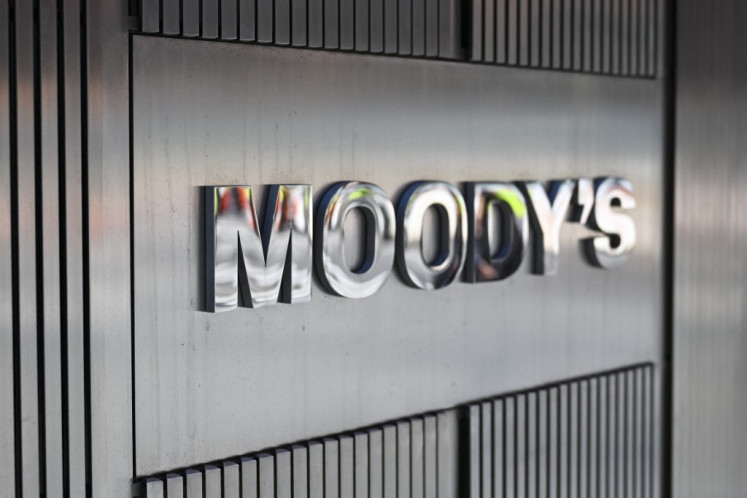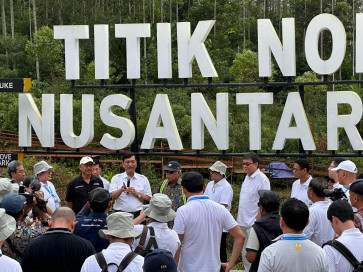Popular Reads
Top Results
Can't find what you're looking for?
View all search resultsPopular Reads
Top Results
Can't find what you're looking for?
View all search resultsReviewing national security in licensing foreign direct investment
Many believe the current FDI policies have resulted in foreign investors controlling a noteworthy portion of the nation’s strategic assets, especially in sectors such as energy and mineral resources, infrastructure and transportation.
Change text size
Gift Premium Articles
to Anyone
I
n recent years, Indonesia has introduced significant liberalization measures in an attempt to entice foreign direct investment (FDI) and spur economic growth. Two crucial initiatives in this regard are the implementation of the Online Single Submission (OSS) system and the New Investment List (more commonly known as the Negative Investment List).
With the OSS, the Office of the Coordinating Maritime Affairs and Investment Minister no longer reviews prospective investments. It focuses now on post-closing monitoring of foreign investment. As for the New Investment List, it has reduced by approximately 75 percent the businesses that formerly were fully or partially closed to foreigners, including important sectors such as infrastructure, mining and telecommunications.
While Indonesia hopes to increase FDI inflows, there are signs that require special attention to the potential effects on national security. FDI implementation in Indonesia in 2022 totaled about Rp 654.4 trillion (US$45.1 billion). This figure was 44.2 percent higher than the previous year’s realization. Most of the investment was poured into the sectors of metals, mining and real estate. Singapore, China, Hong Kong, Malaysia and the United States are the top-five countries of origin of the FDI.
Notwithstanding this new record high, there is a growing concern that the government is currently being too permissive with foreign investors. Many believe the current FDI policies have resulted in foreign investors controlling a noteworthy portion of the nation’s strategic assets, especially in sectors such as energy and mineral resources, infrastructure and transportation.
This public perception is somewhat understandable. We can use Indonesia’s nickel industry as one of the perfect examples. Nickel is a crucial component for electric vehicle (EV) batteries, making it one of the current most in-demand metal commodities in the world.
In 2021, an estimated total of 2.7 million tonnes of nickel was produced globally. Of that amount, 1 million tonnes, 37 percent, was produced in Indonesia. The government has thus far awarded about 148,228.97 hectares of nickel mining concessions, of which around 90 percent was given to foreign investors.
Many people are also concerned that Indonesia relies too heavily on foreign investors from a particular country, causing concern that certain foreign companies could attempt to control the nation’s critical infrastructure and technologies.



















